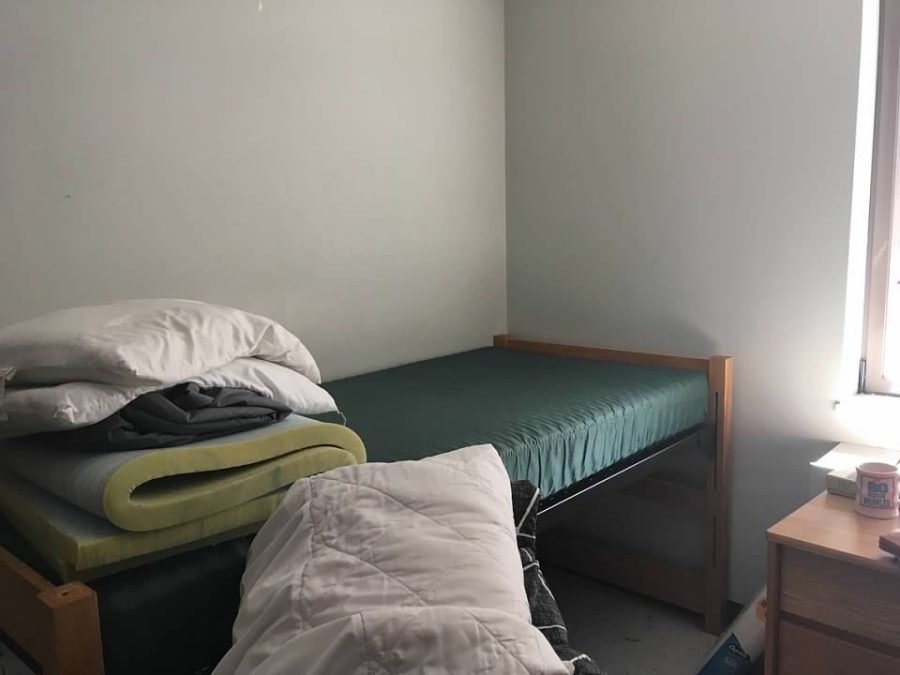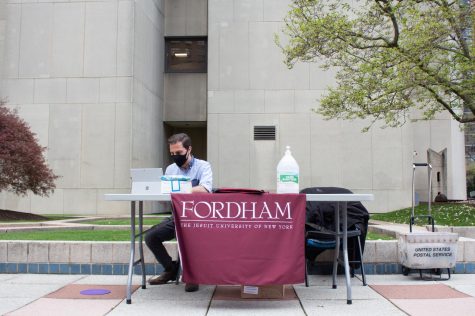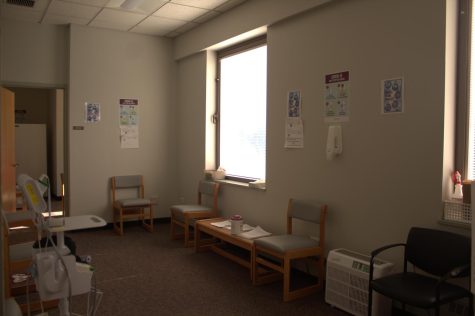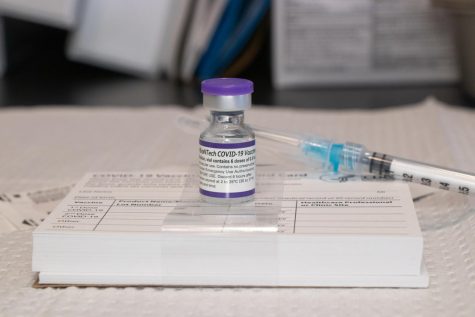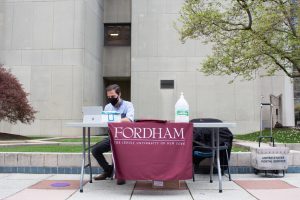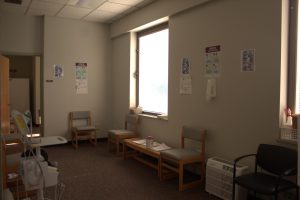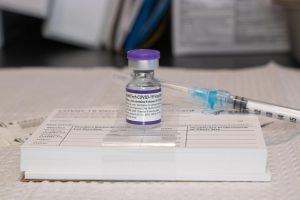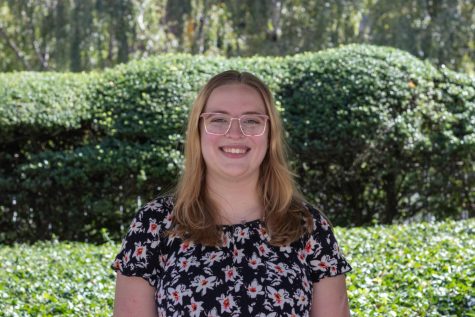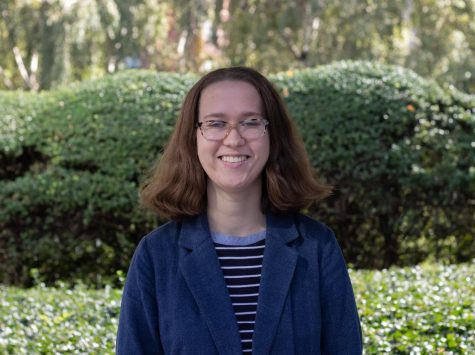BREAKING: Fordham Reduces Quarantine and Isolation Periods
Students will be allowed to test out of isolation on day six with a negative rapid antigen test
Resident students can isolate in McMahon Hall following a positive COVID test result. Students who test negative with a rapid antigen test on the sixth day can return to classes.
January 18, 2022
Fordham’s isolation requirements will be lessened from 14 days to five, as announced in an email on Jan. 18 from Marco Valera, vice president for administration & COVID-19 coordinator. These updated restrictions match the guidelines of the Center for Disease Control and Prevention.
Individuals who test positive for COVID-19 are now required to isolate for five days, with day zero considered as the first day with symptoms or a positive test result.
Upon day six, if no fever has been present for at least 24 hours without the use of fever-reducing medicine, students can take a rapid antigen test to see if they are still at risk of spreading infection. If the rapid antigen test result comes back positive, one needs to remain in isolation for the remainder of the ten-day isolation period.
A positive individual should not take a PCR test on day six, as the individual may test positive for up to 90 days.
The email noted that a positive individual should not take a PCR test on day six, as the individual may test positive for up to 90 days.
“A rapid or antigen test is only likely to be positive if you are still at risk of spreading infection OR you have contracted COVID-19 again, so it is an accurate way to test,” Valera said.
If the individual tests negative on their rapid antigen test, they should fill out the Symptom-Free Attestation Form. Individuals are expected to continue wearing masks until at least 10 days after day zero.
The university also updated its COVID-19 dashboard to reflect a seven-day average instead of a 14-day average following the reduced isolation time for individuals who test positive.
“The main benefit of a 7-day average is that it gives a more current snapshot of the number of cases on campus,” Valera wrote.
One concern among students was the possibility of people incorrectly testing negative but still being contagious after five days.
“Shortening the quarantine to possibly 5-6 days is careless, like what if symptoms return and the person exposes people because of it?” Juliana Castello, Fordham College at Lincoln Center (FCLC) ’24, said.
Some students expressed concerns over the lack of details given in the email. Victoria Spencer, FCLC ’22, wishes the university was more forthcoming with where they receive their information from.
“I think the email from the vice president did not offer anywhere near enough info about quarantining resources on campus for students that can’t isolate off-campus (like me, I had to go to a hotel).” Juliana Castello, FCLC ’24
“I want to say I’m no kind of expert and I trust the experts who are likely behind this decision,” Spencer said.
Castello echoed this sentiment from her own isolation experience the week before winter break and feels that there are not enough resources offered by the university.
“I think the email from the vice president did not offer anywhere near enough info about quarantining resources on campus for students that can’t isolate off-campus (like me, I had to go to a hotel).”
Students can receive free rapid antigen tests from the U.S. government. The government is giving out four free rapid antigen tests per household. Students can place an order from the United States Postal Service.

